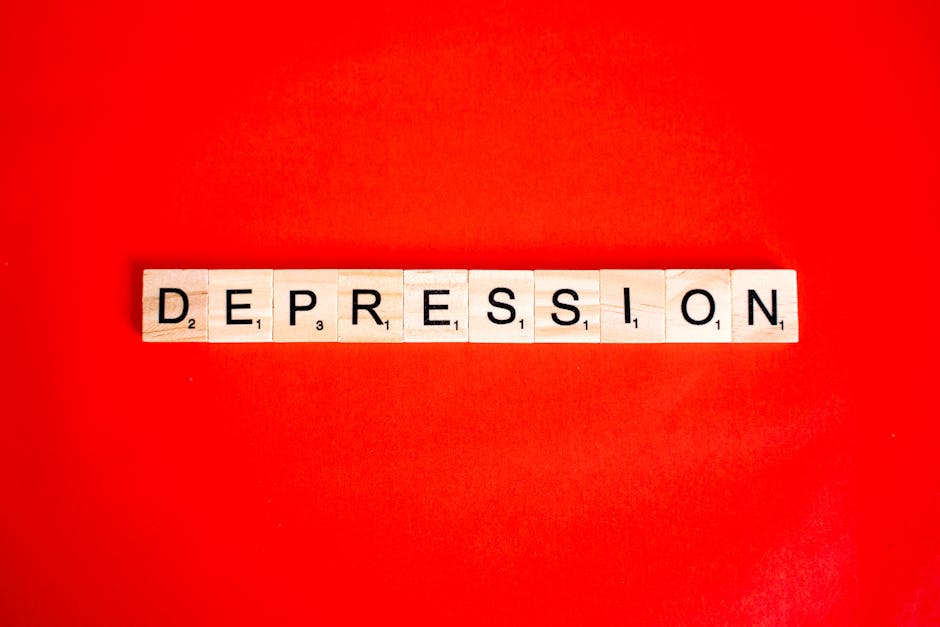The Importance of Mental Health in Recovery
Recovery is a journey that encompasses healing on various levels – physical, emotional, and mental. While the focus is often placed on physical recovery, the importance of mental health in the recovery process cannot be overstated. Our mental well-being plays a crucial role in how we navigate challenges, cope with setbacks, and ultimately thrive during the recovery process.
How does mental health impact recovery? What are the key factors to consider when addressing mental health in the context of healing and restoration? In this comprehensive guide, we delve into the significance of mental health in recovery, exploring its various dimensions, challenges, and opportunities for growth.
The Relationship Between Mental Health and Recovery

Before we can understand the importance of mental health in recovery, it’s essential to first grasp the intricate relationship between the two. Mental health encompasses our emotional, psychological, and social well-being, affecting how we think, feel, and act. When faced with a recovery journey, individuals often experience a range of emotions – from fear and anxiety to hope and resilience. Nurturing positive mental health can provide the foundation for a successful recovery process, enabling individuals to navigate challenges more effectively and cultivate a sense of inner strength.
Research has shown that individuals with strong mental health are better equipped to cope with stress, make informed decisions, and maintain healthy relationships – all of which are essential components of the recovery journey. By prioritizing mental well-being, individuals can build resilience, enhance self-awareness, and develop healthy coping mechanisms that support their overall recovery goals.
The Impact of Mental Health on Physical Recovery

While physical recovery often takes center stage, the impact of mental health on the healing process should not be overlooked. Studies have shown that individuals with positive mental health outcomes experience faster physical recovery, reduced pain levels, and improved overall well-being compared to those struggling with mental health challenges.
One key aspect of mental health in recovery is the concept of psychosocial factors, which encompass the interplay between psychological, social, and emotional factors that influence an individual’s healing process. For example, individuals with strong social support networks are more likely to experience positive mental health outcomes, leading to improved physical recovery outcomes.
Furthermore, mental health issues such as depression, anxiety, and post-traumatic stress disorder (PTSD) can significantly impact an individual’s ability to recover from physical injuries or illnesses. Addressing these mental health concerns through therapy, counseling, and other interventions is essential to promoting holistic healing and long-term recovery.
Strategies for Improving Mental Health in Recovery

There are various strategies and interventions that can be implemented to support mental health in the context of recovery. These may include:
1. Therapy and Counseling

Therapy and counseling can provide individuals with a safe space to explore their thoughts, emotions, and experiences related to recovery. Cognitive-behavioral therapy (CBT), dialectical behavior therapy (DBT), and other evidence-based approaches can help individuals develop coping skills, manage stress, and navigate challenges more effectively.
2. Mindfulness and Meditation
Practicing mindfulness and meditation can promote relaxation, reduce anxiety, and enhance self-awareness during the recovery process. Mindfulness-based interventions have been shown to improve mental well-being, increase resilience, and support overall recovery goals.
3. Social Support Networks
Building strong social support networks can provide individuals with a sense of belonging, connection, and validation during the recovery journey. Whether through support groups, family and friends, or online communities, social support can play a crucial role in promoting mental health and well-being.
4. Self-Care Practices
Engaging in self-care practices such as exercise, healthy eating, and adequate sleep can support mental health and overall well-being in recovery. Taking time to prioritize self-care can help individuals recharge, reduce stress, and maintain a positive mindset throughout the healing process.
Challenges and Considerations in Addressing Mental Health in Recovery
While prioritizing mental health in recovery is essential, there are various challenges and considerations to keep in mind. Stigma surrounding mental health, lack of access to resources, and limited awareness of available interventions can hinder individuals from seeking the support they need to address mental health concerns during the recovery process.
Additionally, the intersectionality of mental health and recovery must be considered, as individuals from marginalized communities may face unique challenges and barriers to accessing mental health services. It is crucial to address these disparities and ensure that all individuals have equal access to the support and resources needed to promote mental well-being in recovery.
Common Misconceptions About Mental Health in Recovery
There are several common misconceptions about mental health in the context of recovery, including the belief that mental health issues are separate from physical health concerns. In reality, mental health and physical health are interconnected, and addressing mental health can significantly impact an individual’s overall recovery outcomes.
Another misconception is that seeking help for mental health concerns is a sign of weakness. In truth, reaching out for support and engaging in therapy or counseling demonstrates strength and resilience, as it allows individuals to prioritize their well-being and work towards healing and growth.
Conclusion
To wrap things up, mental health plays a vital role in the recovery process, influencing how individuals navigate challenges, cope with setbacks, and ultimately thrive during their healing journey. By prioritizing mental well-being, individuals can build resilience, cultivate healthy coping mechanisms, and promote holistic healing that encompasses both physical and emotional well-being.
As we continue to explore the importance of mental health in recovery, it is crucial to recognize the interconnectedness of mental health and physical health, the impact of psychosocial factors on healing outcomes, and the various strategies for supporting mental health in the context of recovery. By advocating for mental health awareness, destigmatizing mental health concerns, and promoting access to resources and support, we can create a more inclusive and supportive environment for individuals on their journey towards recovery.




